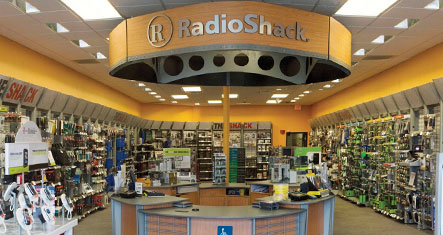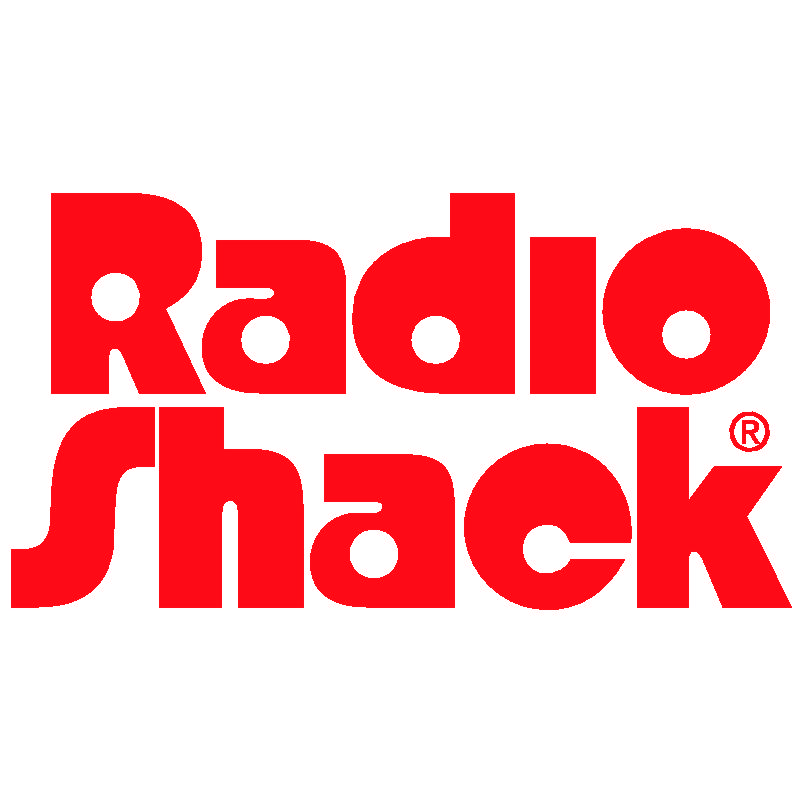
Radio Shack is closing 1,100 stores, in large part, because it has become a commodity. It is a classic case of strategic misstep and short sightedness. In 2000 Radio Shack abandoned its heritage name, Tandy, consolidating around the Radio Shack brand. They did this primarily because they had become a neighborhood electronics store, chocked full of commodity items like phones, cases and earphones, along with small selections of televisions and other electronics. The stores continue to stock some electronics components that made them the go-to place for the radio and electronics hobbyist, but that inventory continues to shrink.
The elimination of the DIY inventory would appear to be a good strategic move. Consumer no longer build their own electronics, and haven’t really, since the advent of the Apple II. Elementary school electronics projects continue to teach electrical principles, even that basics of radio, but those lessons become increasingly irrelevant as simulations take the place of practical, hands-on creation.
 Strategy is a choice, not an inevitability, and it is highly contextual. What makes sense at one point may no longer make sense today, or in the future. Radio Shack has made the wrong strategic choice by staying the course with the commoditized neighborhood electronics stores.
Strategy is a choice, not an inevitability, and it is highly contextual. What makes sense at one point may no longer make sense today, or in the future. Radio Shack has made the wrong strategic choice by staying the course with the commoditized neighborhood electronics stores.
What should they be doing? I believe they have a good possibility of surviving and thriving in the emergent DIY world of 3-D printing, robotics and low-cost personal processors.
Will these become commodities? At some point, but for now, they represent the leading edge of a new transformation that has the potential to make building things a renewed activity. In the days of Tandy leather, in a large store behind another strip mall in Torrance, CA that eventually became home to the now defunct Radio Shack Computer Store, my mother and father would participate, with us, in classes on leather crafting—where we learned how to punch, emboss and stich leather.
Instead of government-funded programs for high schools and community colleges, what if industry again took up part of the training of America’s youth, and their parents? Teach people how to download, modify and create things with 3-D printers, conduct robotics workshops and teach people how to transform Raspberry Pi processors into meaningful tools. The schools can’t keep up with changes because the bureaucracy of curriculum development, partner negotiation and access to faculty. But Radio Shack could hire, fund and continuously renew its offers based on the latest trends in DIY or the Maker Movement. And rather than behaving like a rich activist content with writing a check and letting others do the work, investing money in their own business transformation that might also lead to community transformation and new opportunities, would be a refreshing take on corporate responsibility.
Radio Shack may well be “over stored,” but that is just one of their problems. Circuit City is gone and Best Buy is stumbling as Amazon takes more-and-more of the commodity electronic retail business. So do something else. Do something that aligns with company history. Create a new vision and a new brand promise. This type of transformation would employee higher-skilled individuals at higher pay rates, create new revenue streams and generating enough launch PR to make at least an initial statement that people will hear.
Rather than teaching leadership classes to executives challenged with day-to-day management, firms like Radio Shack should exhibit real leadership by taking some risk, articulating a vision that challenges them and their customers, and create real value for consumers and communities, rather than just shareholder value.
It’s time for Radio Shack to help people make things again.
(Note: I purchased my 32K Radio Shack Model III and eventually upgraded memory, and added two floppy disks. I had to know how a computer worked at the hardware level as well as the software level. There is a greater appreciation for things, even commodities, when one participates in at least part of their creation, and perhaps an even bigger appreciation when one makes them better or repairs them. Let’s bring personal input back to the things we use.)

